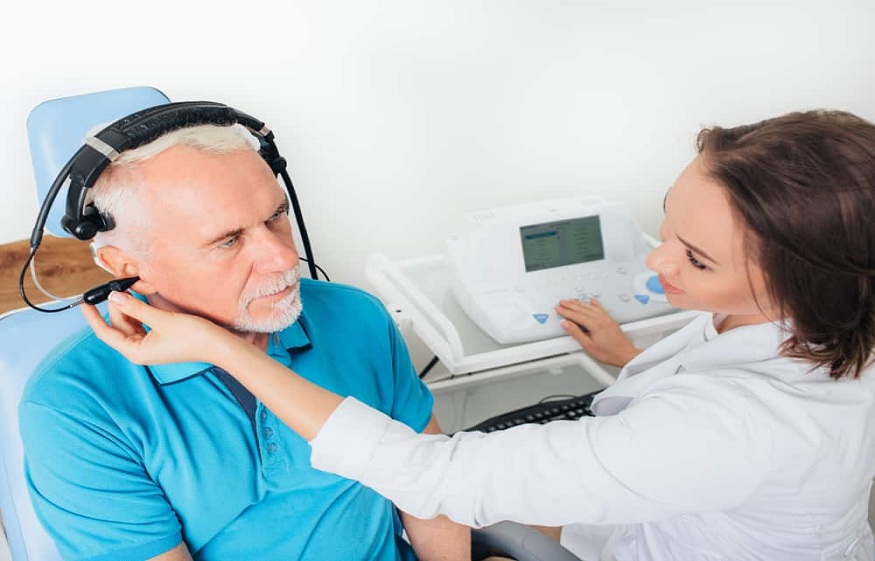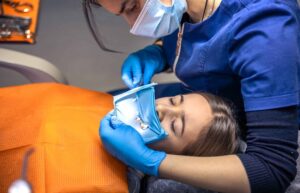Audiology: A Key to Addressing Hearing and Balance Issues
2 min read
In a world filled with sounds and movements, our ability to hear and balance is pivotal. Yet, for many, these essential functions may be hampered due to various health conditions. Audiology stands as a beacon of hope for those grappling with hearing and balance disorders, offering solutions that can drastically improve their quality of life.
Unraveling the World of Audiology
Audiology is a branch of healthcare that focuses on diagnosing, treating, and monitoring conditions related to hearing and balance. Audiologists, the professionals in this field, are trained to assess and interpret audiometric tests, dispense and manage hearing aids, and provide patient-centered care to individuals across all age groups.
Understanding Hearing Disorders
Hearing disorders can occur in individuals of any age and can drastically impact a person’s ability to communicate and interact with the world. The most common conditions include:
Hearing loss: This can be due to aging (presbycusis), exposure to loud noise, infections, certain medications, or genetic predisposition. Audiologists can help determine the type and degree of hearing loss and provide appropriate interventions such as hearing aids or cochlear implants.
Tinnitus: Characterized by the perception of noise or ringing in the ears, tinnitus can be a symptom of an underlying condition such as age-related hearing loss, ear injury, or a circulatory system disorder. Audiologists can help with strategies to manage and mitigate the impact of tinnitus on daily life.
Delving into Balance Disorders
Balance disorders are conditions that make you feel unsteady, dizzy, or have a sensation of movement, spinning, or floating. They are often caused by problems in the inner ear, which plays a key role in maintaining balance. Audiologists are skilled in assessing and managing conditions such as Ménière’s disease, vestibular neuritis, and benign paroxysmal positional vertigo (BPPV).
How Audiologists Help
Here are some of the ways audiologists can help:
Assessment and Diagnosis: Using a range of tests, audiologists can accurately diagnose the nature and extent of hearing and balance disorders.
Hearing Aids and Assistive Devices: For individuals with hearing loss, audiologists recommend, fit, and fine-tune hearing aids or other assistive listening devices.
Rehabilitation Therapies: These include tinnitus retraining therapy, vestibular rehabilitation, auditory training, and speech-reading.
Preventive Care: Audiologists also play a crucial role in hearing conservation programs and educating individuals about the risks of noise exposure.
Conclusion
Audiology plays a crucial role in enhancing and preserving one of our most vital sensory abilities – hearing. But the role of audiologists extends far beyond just addressing hearing issues. They also tackle various balance disorders, ensuring we can navigate our world with ease and stability. The contributions of audiology to our quality of life underscore the importance of regular hearing and balance assessments as part of our overall health care regimen. So, let us heed the sound advice of these professionals and take steps to protect our auditory and vestibular health.







